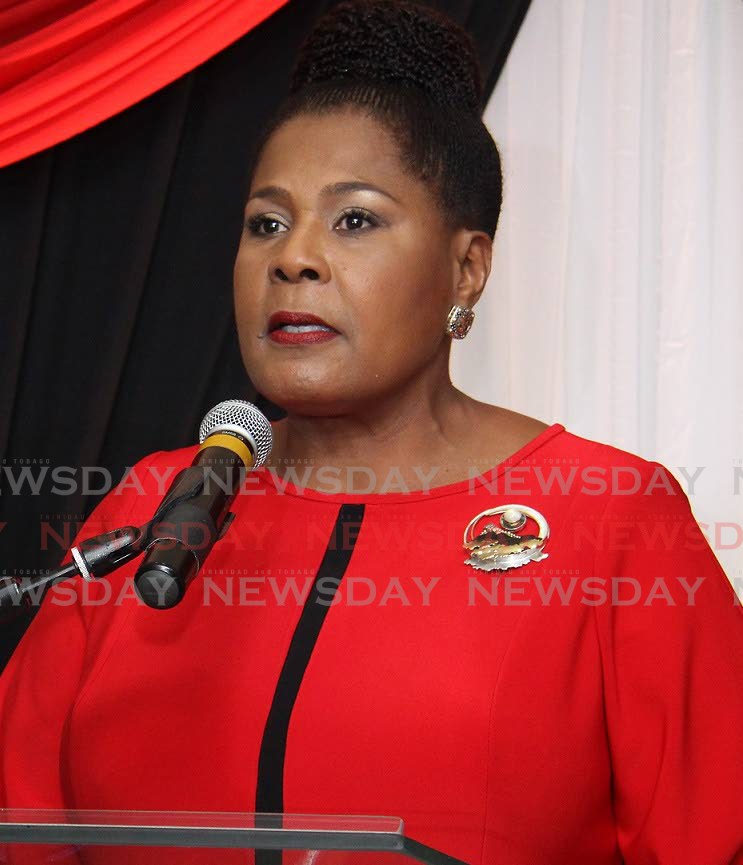Pay attention to type of president we seek

THE EDITOR: Once again the relevance of the president in national governance has emerged as a key issue in national affairs.
As a result, I find myself constrained to draw attention to members of Parliament and the general public as to why profound attention should be paid to this recent development.
Monarchies have a long history in Europe, being the predominant form of government from the Middle Ages until the First World War. At the turn of the 20th century, almost every country in Europe was a monarchy.
History has much to say about the origin and evolution of the President’s roles in the governance of a State. Unfortunately, space does not allow me to focus on this development.
Instead, I prefer to highlight the complaints about the roles and responsibilities of our President. From a constitutional point of view, the Office of our President was created to replace a governor who represented a foreign monarch. Most advocates seem not to see much value in accepting this. They seem more concerned with what power the President can use to keep unruly individuals and institutions in check.
Be that as it may, what are the advantages and disadvantages of the modern presidential system of government?
Advantages are: Quick and decisiveness in decision-making; presidential discretion in appointments; a single countrywide constituency; merits of the separation of powers and checks and balances; fixed tenure of office; individual ministerial responsibility; and insulation from party politics.
The disadvantages are: Prone to dictatorship; friction among government organs; lack of flexibility in tenure of office; very expensive to operate; absence of party discipline; and the process of lobbying can encourage corruption.
The President is the officer in whom the chief executive power of a nation is vested, who is considered the head of state, but his or her actual power varies from country to country.
In the US, Africa and Latin America the presidential office is charged with great powers and responsibilities, but the office is relatively weak and largely ceremonial in Europe and in many countries where the prime minister, or premier, functions as the chief executive officer.
As I reluctantly conclude, I suggest that careful examination and time should be applied to understanding the outcomes of any evolution from the type of president we in TT now have to what the advocates are now suggesting.
Finally, I believe that the prime imperative for a new type of president in our nation must be a rallying platform around which our rainbow population can rally around, trust and embrace to have its needs met to obtain just and optimum governance.
RAYMOND S HACKETT
Curepe


Comments
"Pay attention to type of president we seek"